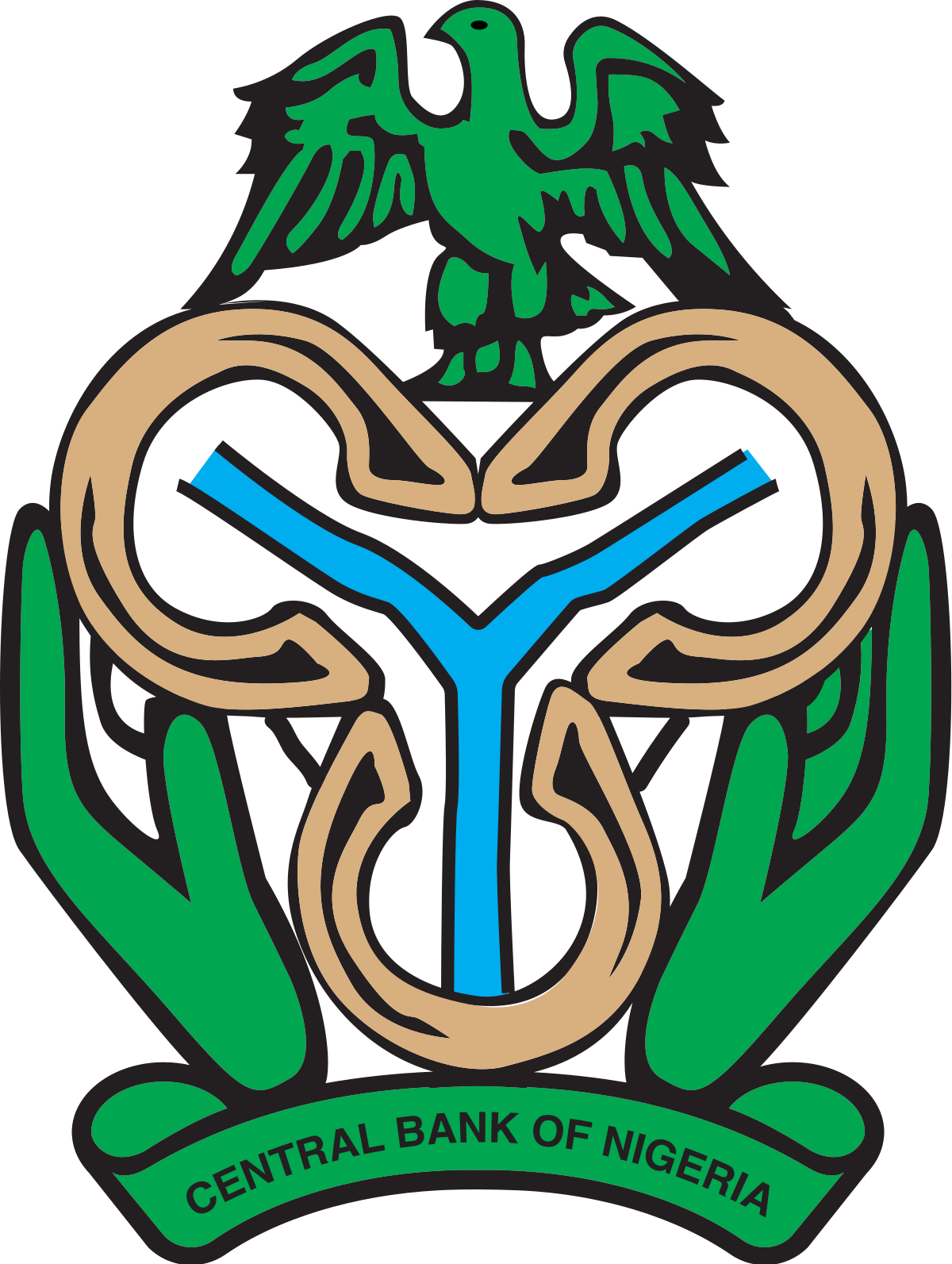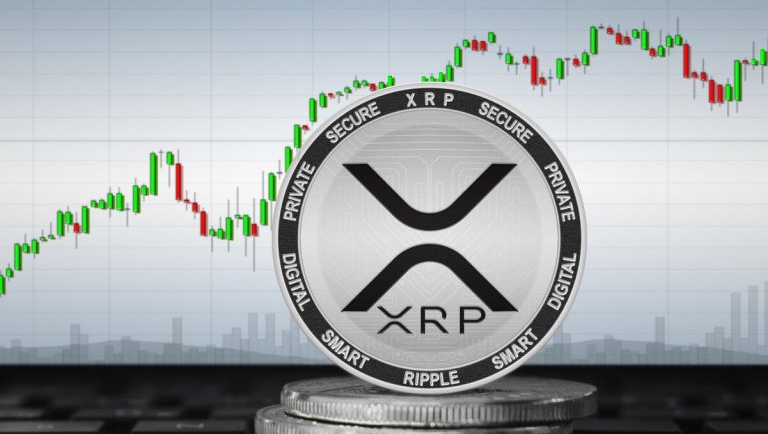
Nigeria’s Central Bank Declares a Debt to JP Morgan and Goldman Sachs of $7.5 Billion.
According to the Central Bank of Nigeria’s (CBN) consolidated financial accounts, which were released for the first time in seven years due to an ongoing inquiry, the CBN owes JP Morgan and Goldman Sachs $7.5 billion.
The bank also reported that it had a further liability of $6.3 billion in foreign currency forwards with unidentified parties in a statement posted on its official website.
“The Group pledged its holdings in foreign assets in exchange for cash under a securities lending deal it entered into with Goldman Sachs and J. P. Morgan. The cash received from Goldman Sachs is N0.23 trillion ($500 million), N0.22 trillion ($500 million), and JP Morgan is recognised in other foreign securities for N3.23 trillion ($7 billion), N3.05 trillion ($7 billion), respectively.
Nigeria’s Central Bank
Following criticism and the subsequent firing of CBN Governor Godwin Emefiele by President Bola Tinubu in June 2023, these revelations have surfaced. Due to worries about its administration, a financial watchdog has been formed to examine the bank’s activities.
According to Tinubu, who announced the probe, the ongoing forensic audit at the bank is a part of the “intended reforms in the financial sector of the economy.”
One of Emefiele’s assistants, Folashodun Shonubi, is currently acting as governor of the central bank. This arrangement will continue up until the conclusion of the study and any subsequent reforms.
Additionally, as part of his financial management reforms, President Tinubu did away with the central bank’s currency restrictions that had previously been used to artificially support the value of the naira. The Naira has lost roughly 40% of its value against the dollar as a result of this shift.
In addition, Tinubu wants to establish a single foreign currency rate that combines the black-market and government values.
The CBN maintained a multi-tiered exchange rate system when Emefiele served as governor, with a particular emphasis on a strictly controlled official rate. Detractors claim that this strategy restricted the amount of money that was available to many businesses and people, increasing demand on the unrestrained black market.


